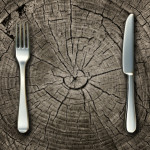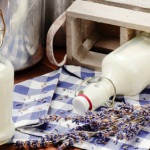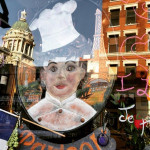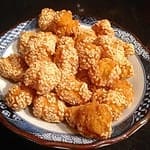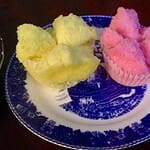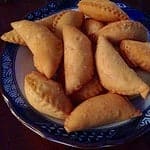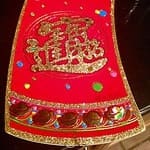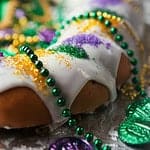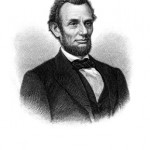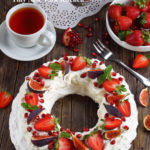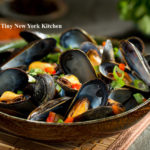Only A Fool Argues With A Skunk, A Mule Or A Cook. -Cowboy Saying
Coming together is the beginning.
Keeping together is progress.
Working together is success.”
-Henry Ford
Drinking From Bottles, Cans, And Brown Paper Bags!
For as long as beverages have been available in disposable containers, etiquette books have advised people not to drink out of cartons, bottles, and cans. The only exception to this rule was the consumption of beer and soda at outdoor picnics or barbecues, where suitable glasses might not be available.
Nowadays, however, you can buy everything from green tea to chocolate soy milk in packages made from glass, plastic, paper, and aluminum – or a variety of combinations. Convenient little juice boxes come with their own plastic straws, and sports drinks come in wide-mouth containers for easy gulping. People even wear water bottles with designer labels, like handbags as they traipse through the mall.
Drinking directly from bottles or cans might be the most convenient option on the tennis court or on the go, but when it comes to serving beverages in your home, drinks should be drunk from a glass, never a can or bottle. And definitely not from the milk carton.
“Work With What You Got!”
© Victoria Hart Glavin Tiny New York Kitchen
Patience strengthens the spirit, sweetens the temper, stifles anger, extinguishes envy, subdues pride, bridles the tongue. George Horne
This Lunar New Year Treat Is Called “Happy Mouth.” It’s Like A Little Sesame Seed Cookie. I’m Told They Go Great With Coffee.
This Lunar New Year Treat Is Called “Fortune Cake.” It’s Like A Cross Between A Sponge Cake And A Snowball. Made with Rice Flour.
This Lunar New Year Treat Is Called “Crispy Dumpling.” They Are Made With Flour, Eggs, Sugar, Oil, And Peanuts.
Each year, just before the Lunar New Year, I go to Chinatown here in Manhattan and pick up special treats for my Asian friends. It’s so much fun to do and I enjoy talking to the shop owners about the holiday and what types of items I should buy.
King cakes are a vibrant part of the Mardi Gras tradition in New Orleans.
The celebration of Mardi Gras came to North America from France where it had been celebrated since the Middle Ages. In 1699, French explorer, Iberville and his men explored the Mississippi River from the Gulf of Mexico. On a spot 60 miles south of the present location of New Orleans, they set up camp on the river’s West Bank. Knowing that the day, March 3, was celebrated as a major holiday in Paris, they christened the site Point du Mardi Gras.
As part of New Orleans’s Christian faith, the coming of the wise men bearing gifts to the Christ Child is celebrated twelve days after Christmas. This is referred to as the Feast of Epiphany, or Little Christmas on the Twelfth Night. This is a time of celebration, exchanging gifts and feasting. Today, the tradition continues as people all over the world gather for festive Twelfth Night celebrations. A popular custom was and still is the baking of a special cake in honor of the three kings, called “A King’s Cake.
Originally, king cakes were a simple ring of dough with a small amount of decoration. Today’s king cakes are much more festive. After the rich Danish dough is braded and bake, the “baby” is inserted. The top of the ring or oval cake is then covered with delicious sugar toppings in the traditional Mardi Gras colors of purple, green and gold. The person who is the lucky one to get the piece of cake with the plastic baby has various privileges and obligations.
In more recent years, recipes have become more creative with stuffing and toppings from cream cheese and fruit fillings.
Mardi Gras season actually begins January 6th, which is the Twelfth night after Christmas. Of course Mardi Gras Day is known as Fat Tuesday and is always 47 days prior to Easter Sunday (the day before Ash Wednesday.
“Work With What You Got!”
© Victoria Hart Glavin Tiny New York Kitchen
“It’s not the years in your life that count. It’s the life in your years.”
-Abraham Lincoln

